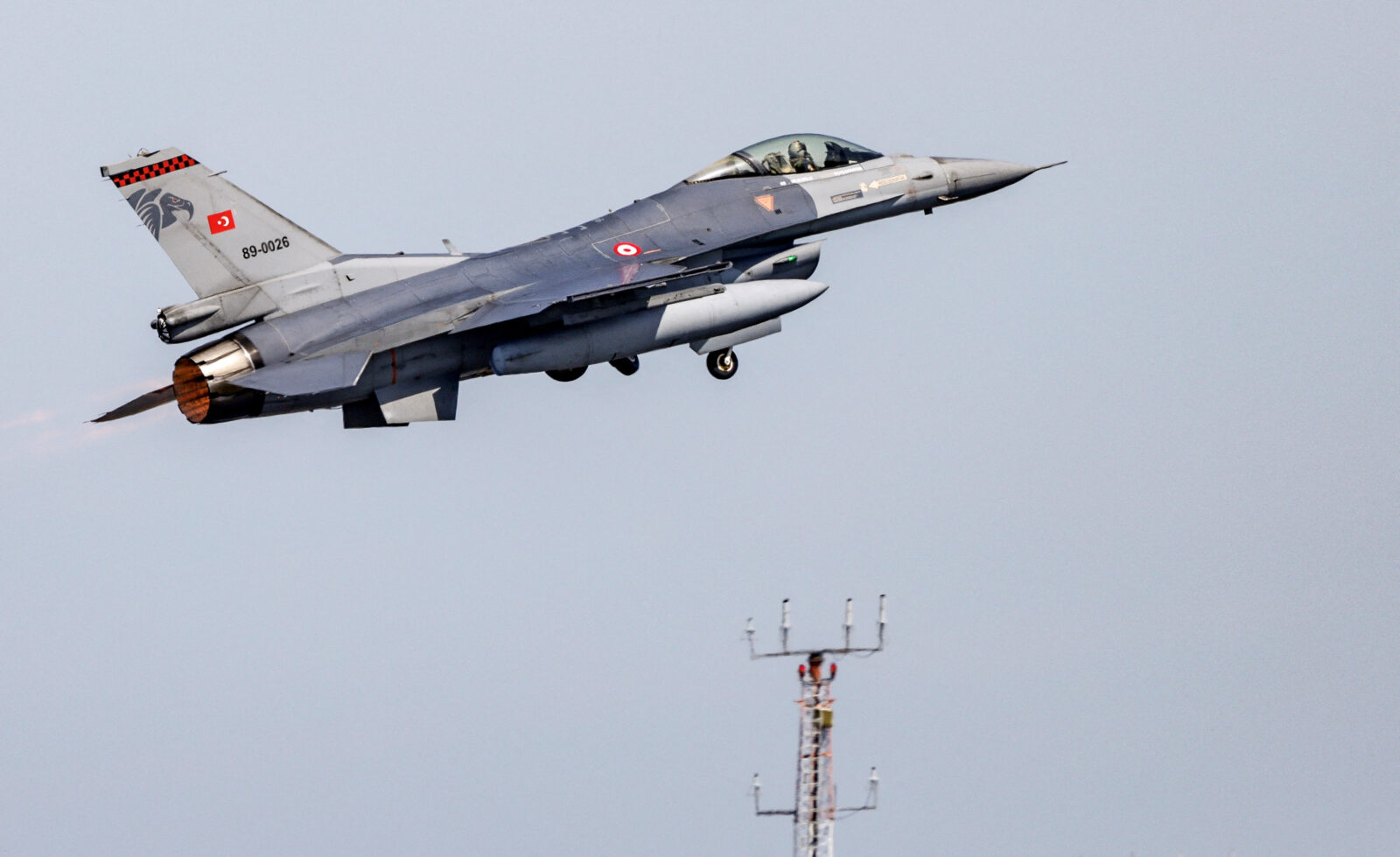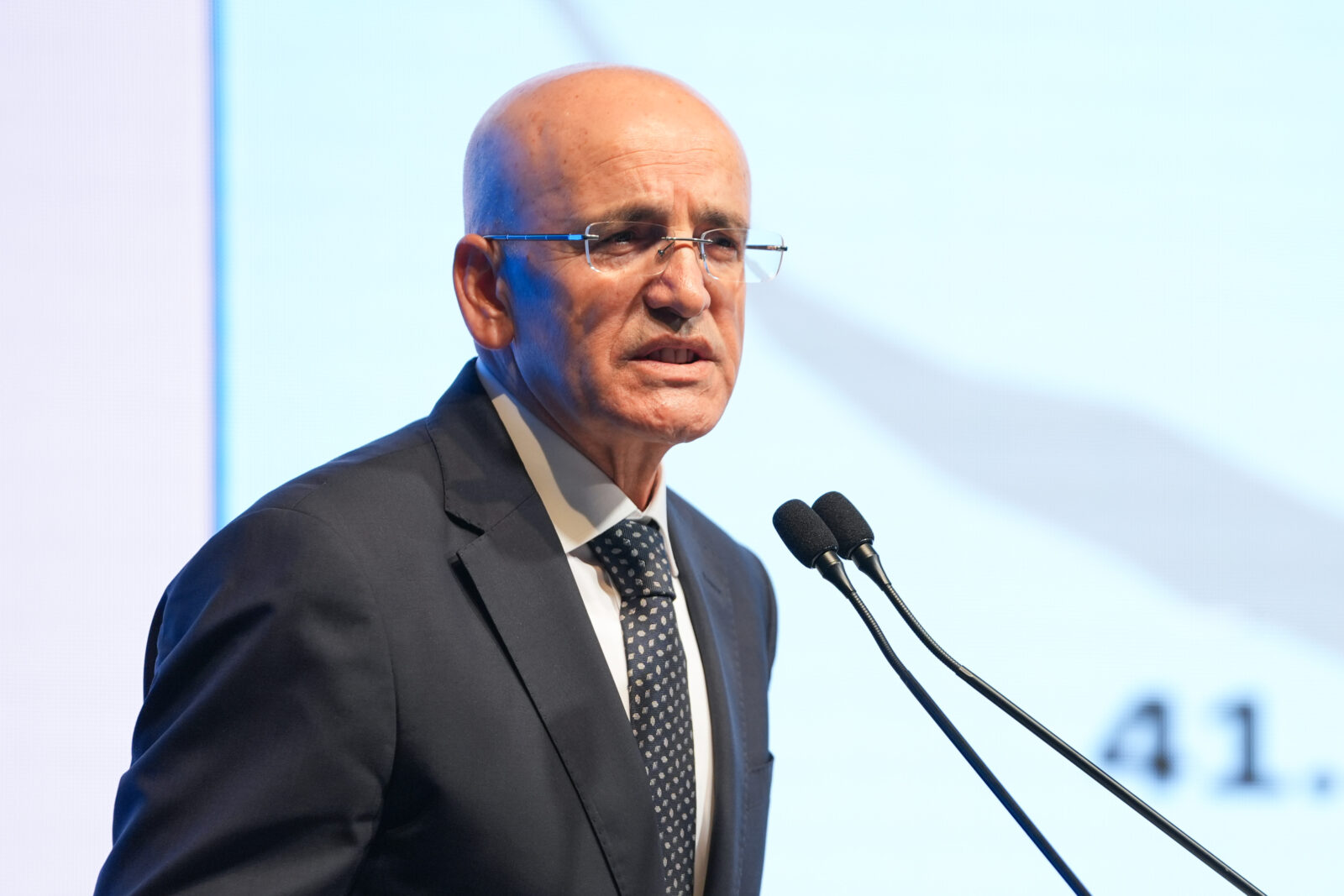Will proposed defense industry support tax fund Eurofighter, F-16?
 A Turkish Air Force F-16 on the background along with German Eurofighter Typhoon fighter jet. (Collage by Tugce Atmaca/Türkiye Today)
A Turkish Air Force F-16 on the background along with German Eurofighter Typhoon fighter jet. (Collage by Tugce Atmaca/Türkiye Today)
The ruling AK Party submitted a comprehensive bill to the Turkish Parliament on Friday, which is expected to generate an annual total of ₺80 billion ($2.3 billion) for defense industry projects through service fees and taxes.
The bill proposes an annual deduction of ₺750 ($21.9) for credit card holders with limits exceeding ₺100,000 ($2,919), aimed at generating revenue for the Defense Industry Fund.
The decision has been justified as a measure to support the domestic defense industry. However, according to reports circulating in political circles, private defense companies have expressed discomfort with this tax regulation.
It has been alleged that the primary purpose of this tax, which emerged during negotiations concerning Eurofighter and F-16 fighter jets, is to create financial resources for imports.


The acquisition of F-16s and Eurofighters is expected to impose a burden of approximately $25 billion on Türkiye. Claims suggest that the new tax will help meet the financial requirements in this context.
Sources within defense industry companies indicate that their primary income stems from exports and that they often provide their products to Türkiye as donations. They argue, therefore, that this move is not designed to support them.
On the other hand, economists point out that the tax could be levied on earned income, reminding that credit card limits represent bank funds, and citizens are already indebted while paying interest on their utilized limits. They emphasize that there should be no tax on debt.

Defense industry tax proposal fuels debate on spending policies
Additionally, there are claims that the move to tax citizens with credit card limits of ₺100,000 or more is linked to the austerity policies of the central bank and the finance ministry. Both institutions aim to curb spending, and reports suggest they are pleased with the possibility that citizens may lower their credit card limits following the introduction of this tax proposal.
It has also been suggested that, while the central bank and the finance ministry aim to reduce spending, the Banking Regulation and Supervision Agency had previously adopted policies encouraging consumer spending. This tax proposal is seen as a way for the ministries and the central bank to address this divergence.
As these claims continue to stir debate, there is also speculation that the bill may be withdrawn depending on public reaction.



